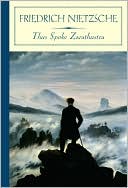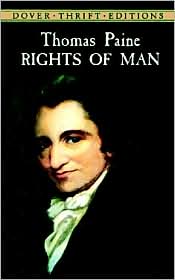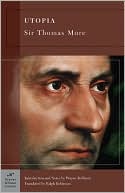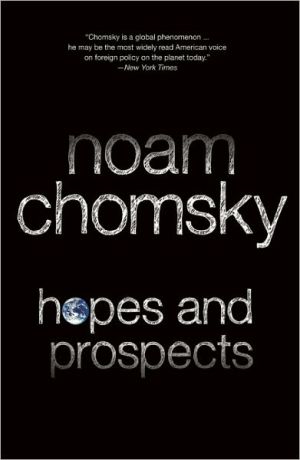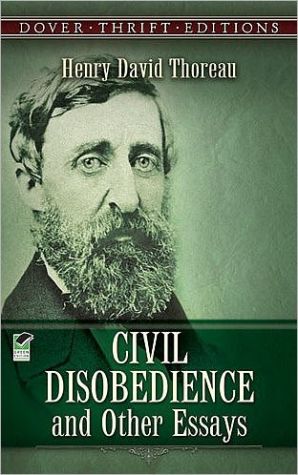Language and Solitude: Wittgenstein, Malinowski and the Habsburg Dilemma
Ernest Gellner (1925-1995) has been described as "one of the last great central European polymath intellectuals." In this, his last book, he throws new light on two key figures of the twentieth century: the philosopher Wittgenstein, and Malinowski, founder of modern British social anthropology. Gellner shows how the thought of both men grew from a common background of assumptions about human nature, society, and language. He ties together themes that preoccupied him, epitomizing his belief...
Search in google:
Gellner's final book is a synoptic interpretation of the thought of Wittgenstein and Malinowski. Paul Mattick ...[T]his posthumous bookstudded with ideas like a little roast with truffleswill pleasurably provoke those who persevere....What social transformations gave rise to both scientific universalism and nationalism? This question doesn't arise in Gellner's way of thinkingbut Language and Solitude has the virtue of leading us right to it. —The New York Times Book Review
PrefaceForewordPt. IThe Habsburg dilemma11Swing alone or swing together32The rivals73Genesis of the individualist vision144The metaphysics of romanticism175Romanticism and the basis of nationalism216Individualism and holism in society267Crisis in Kakania308Pariah liberalism359Recapitulation37Pt. IIWittgenstein4110The loneliness of the long-distance empiricist4311The poem to solitude, or: confessions of a transcendental ego who is also a Viennese Jew4612Ego and language5913The world as solitary vice6214The mystical6515The central proposition of the Tractatus: world without culture6816Wittgenstein mark 27117Tertium non datur7418Joint escape7919Janik and Toulmin: a critique8520The case of the disappearing self9621Pariah communalism10022Iron cage Kafka-style107Pt. IIIMalinowski11123The birth of modern social anthropology11324The Malinowskian revolution12025How did Malinowski get there?12326Whither anthropology? Or: whither Bronislaw?12727The difference between Cracow and Vienna13828Malinowski's achievement and politics14029Malinowski's theory of language14530Malinowski's later mistake15131The (un)originality of Malinowski and Wittgenstein155Pt. IVInfluences15732The impact and diffusion of Wittgenstein's ideas15933The first wave of Wittgenstein's influence16434A belated convergence of philosophy and anthropology174Pt. VConclusions17935The truth of the matter18136Our present condition189General bibliography192Bibliographies of Ernest Gellner's writings on Wittgenstein, Malinowski, and nationalism195Index205
\ Paul Mattick...[T]his posthumous bookstudded with ideas like a little roast with truffleswill pleasurably provoke those who persevere....What social transformations gave rise to both scientific universalism and nationalism? This question doesn't arise in Gellner's way of thinkingbut Language and Solitude has the virtue of leading us right to it. —The New York Times Book Review\ \ \ \ \ Library JournalIn this book, Wittgenstein and Malinowski meet at the intersection of their ideas about language and the intellectual climate of the (late) Habsburg era, by which both were influenced. The book is primarily a highly negative appraisal of Wittgenstein's work--both the earlier and later phases--contrasted with a positive appraisal of Malinowski's. The anthropologist, in this account, is seen to have been "far more original" and, ultimately, more important than the philosopher. This view would, of course, be anathema to many contemporary philosophers--and not only because Wittgenstein has provided them with a lucrative cottage industry. Be that as it may, Gellner's grasp of both men's work and of history and politics, together with a marvelously fluid and engaging prose style, make this a book most academic libraries will want for their philosophy, anthropology, and intellectual history collections. (Gellner, after a distinguished career in philosophy and anthropology, died in 1995.)--Leon H. Brody, U.S. Office of Personnel Mgt. Lib., Washington, DC\ \ \ Paul Mattick...[T]his posthumous book, studded with ideas like a little roast with truffles, will pleasurably provoke those who persevere....What social transformations gave rise to both scientific universalism and nationalism? This question doesn't arise in Gellner's way of thinking, but Language and Solitude has the virtue of leading us right to it. -- The New York Times Book Review\ \

